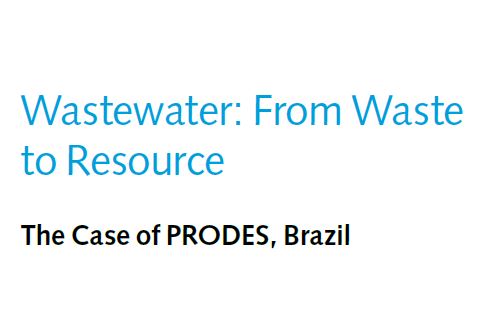Wastewater: From Waste to Resource The Case of PRODES, Brazil
Water supply and sanitation is the responsibility of municipalities in Brazil. Some municipalities provide services through public operation, while others outsource to private operation. Many of the municipalities receive funding for these projects from the central government through loans from national or international institutions. Before 2001, the central government provided funding for sanitation projects through input subsidies to both private and public entities. These input subsidies aimed to pay for part of the costs of establishing and maintaining wastewater treatment plants (WWTPs). However, these input subsidies were failing to improve sanitation services at acceptable levels. Brazil was facing issues with underinvestment in infrastructure and utility inefficiency due to weak management in the sanitation sector. As a result of the issues in the sanitation sector, key river basins were overly polluted. The Brazilian federal government sought to increase water quality in key river basins. Since earlier efforts to provide input subsidies were failing, the government decided to instead try to provide output-based grants tied to strict environmental and managerial performance standards set by regional management committees.
